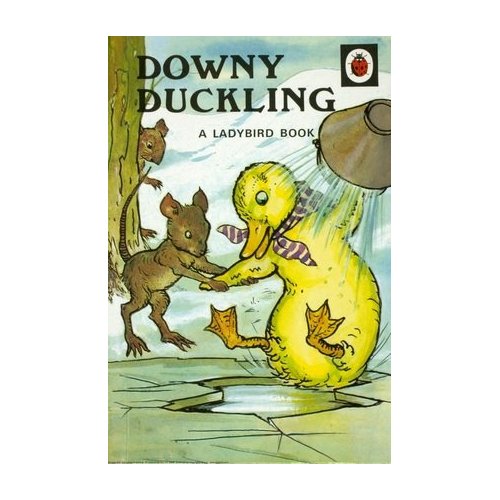One source that may possibly help illuminate the controversy over Skip Gates’ arrest is Peter Moskos’ book, _Cop in the Hood_ (Powells, Amazon). Moskos, a sociologist, spent a year as a beat officer in Baltimore. While police practice in the US varies substantially from jurisdiction to jurisdiction, some aspects are (I suspect) reasonably general, including the use by police officers of their zone of discretion to try to expand their authority beyond that which they are theoretically supposed to exercise. Moskos (p. 117-118):
bq. A nonviolent domestic dispute serves as another example of using the law to gain extralegal authority. A woman calls police because she is sick of her baby’s father coming home and being rowdy after a night of drinking. An officer wants the drunken man to spend the night elsewhere. The girlfriend is not afraid of the man. Though the officer believes this argument will continue and perhaps turn violent, there is no cause for arrest. Police may not order a person from his or her home. But an officer can request to talk to the man outside his house. At this point the officer might say, “If you don’t take a walk, I’m going to lock you up.’ The man, though within his rights to quietly reenter his house and say goodnight to the police, is more likely to obey the officer’s request or engage the police in a loud and drunken late-night debate. The man may protest loudly that the officer has no reason to lock him up. If a crowd gathers or lights in neighboring buildings turn on, he may be arrested for disorderly conduct.
Moskos is in general in favor of police having a fair amount of discretion (he seems to believe that much basic policing work would be impossible without it) – I’m not going to get into that broad set of arguments, since I don’t know enough to say anything useful. But it is easy to see how this discretion can be abused in ways that work out nicely for the cops (most of the time), but not so nicely for their targets. Moskos’ discussion of this particular technique of generating arrests has some similarities with the actions described in the police report of Gates’ arrest.
bq. When Gates asked me a third time for my name, I explained to him that I had provided it at his request two separate times. Gates continued to yell at me. I told Gates that I was leaving his residence and that if he had any other questions regarding the matter, I would speak with him outside his residence. As I began walking through the foyer toward the front door, I could hear Gates again demanding my name. I again told Gates that I would speak with him outside. My reason for wanting to leave the residence was that Gates was yelling very loud and the acoustics of the kitchen and foyer were making it difficult for me to transmit pertinent information to ECC or other responding units.
bq. When I left the residence, I noted that there were several Cambridge and Harvard University police officers assembled on the sidewalk in front of the residence. Additionally, the caller, Ms. Walen and at least seven unidentified passers-by were looking in the direction of Gates, who had followed me outside the residence. As I descended the stairs to the sidewalk, Gates continued to yell at me, accusing me of racial bias and continued to tell me that I had not heard the last of him. Due to the tumultuous manner Gates had exhibited in his residence as well as his continued tumultuous behavior outside the residence, in view of the public, I warned Gates that he was becoming disorderly. Gates ignored my warning and continued to yell, which drew the attention both of the police officers and citizens, who appeared surprised and alarmed by Gates’ outburst. For a second time I warned Gates to calm down while I withdrew my department issued handcuffs from their carrying case. Gates again ignored my warning and continued to yell at me. It was at this time that I informed Gates that he was under arrest. I then stepped up the stairs, onto the porch and attempted to place handcuffs on Gates. Gates initially resisted my attempt to handcuff him, yelling that he was “disabled” and would fall without his cane.
Now, I should emphasize that I have no personal reason whatsoever to doubt that Crowley’s account of the arrest is accurate – it may very well be that the acoustics were such that communication was difficult indoors. I am not acquainted with the physical specifics of the building where Gates lives. It is, however, notable that Moskos’ Baltimore police officer both (a) uses a verbal invitation to induce the targeted individual to leave the building, and (b) then uses the attention of bystanders to generate a charge of disorderly conduct. Whether these resemblances are purely accidental or not (in the absence of more facts, you could generate arguments either way), I leave to the imagination of the reader.
Update: All charges against Gates have now been dropped.
– is available for pre-order from Amazon! And I’ve uploaded the final version for free viewing on Issuu. Yes! You can just click the image below read the whole book online in a full-screen flash-based thingy. It works quite well, I find.


